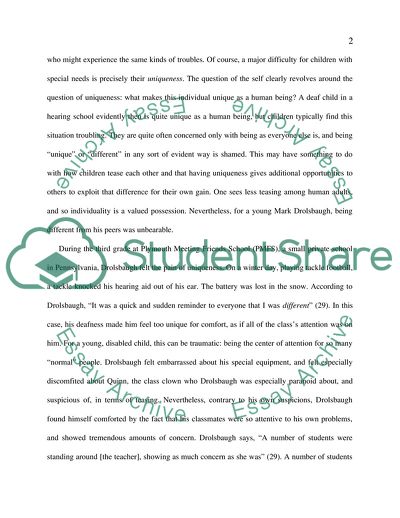Cite this document
(The Self-hood Essay Example | Topics and Well Written Essays - 1250 words, n.d.)
The Self-hood Essay Example | Topics and Well Written Essays - 1250 words. https://studentshare.org/philosophy/1722856-deaf-again
The Self-hood Essay Example | Topics and Well Written Essays - 1250 words. https://studentshare.org/philosophy/1722856-deaf-again
(The Self-Hood Essay Example | Topics and Well Written Essays - 1250 Words)
The Self-Hood Essay Example | Topics and Well Written Essays - 1250 Words. https://studentshare.org/philosophy/1722856-deaf-again.
The Self-Hood Essay Example | Topics and Well Written Essays - 1250 Words. https://studentshare.org/philosophy/1722856-deaf-again.
“The Self-Hood Essay Example | Topics and Well Written Essays - 1250 Words”. https://studentshare.org/philosophy/1722856-deaf-again.


